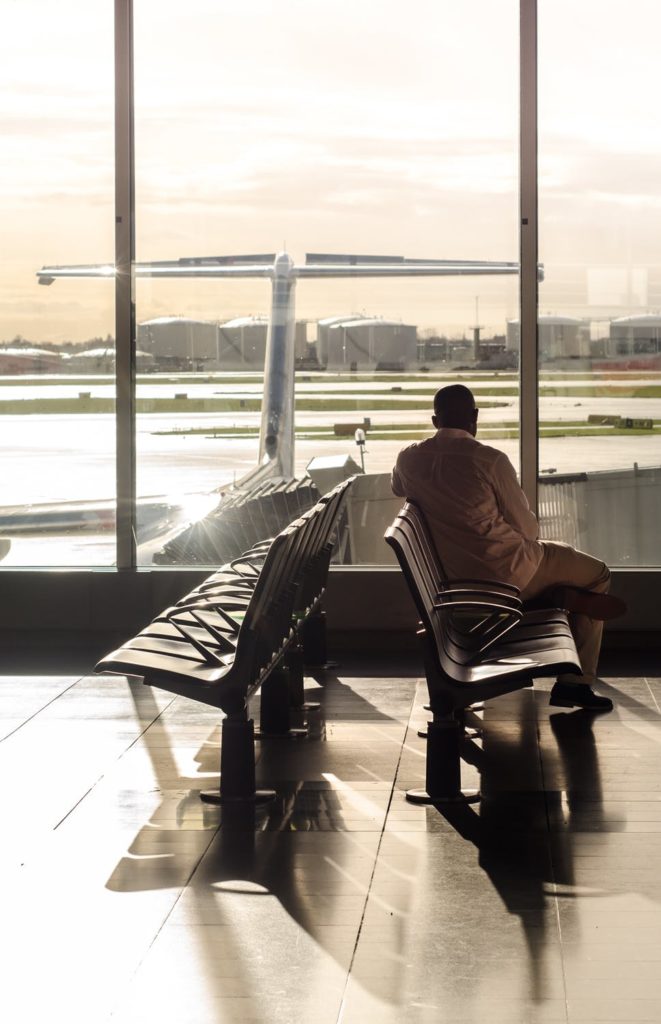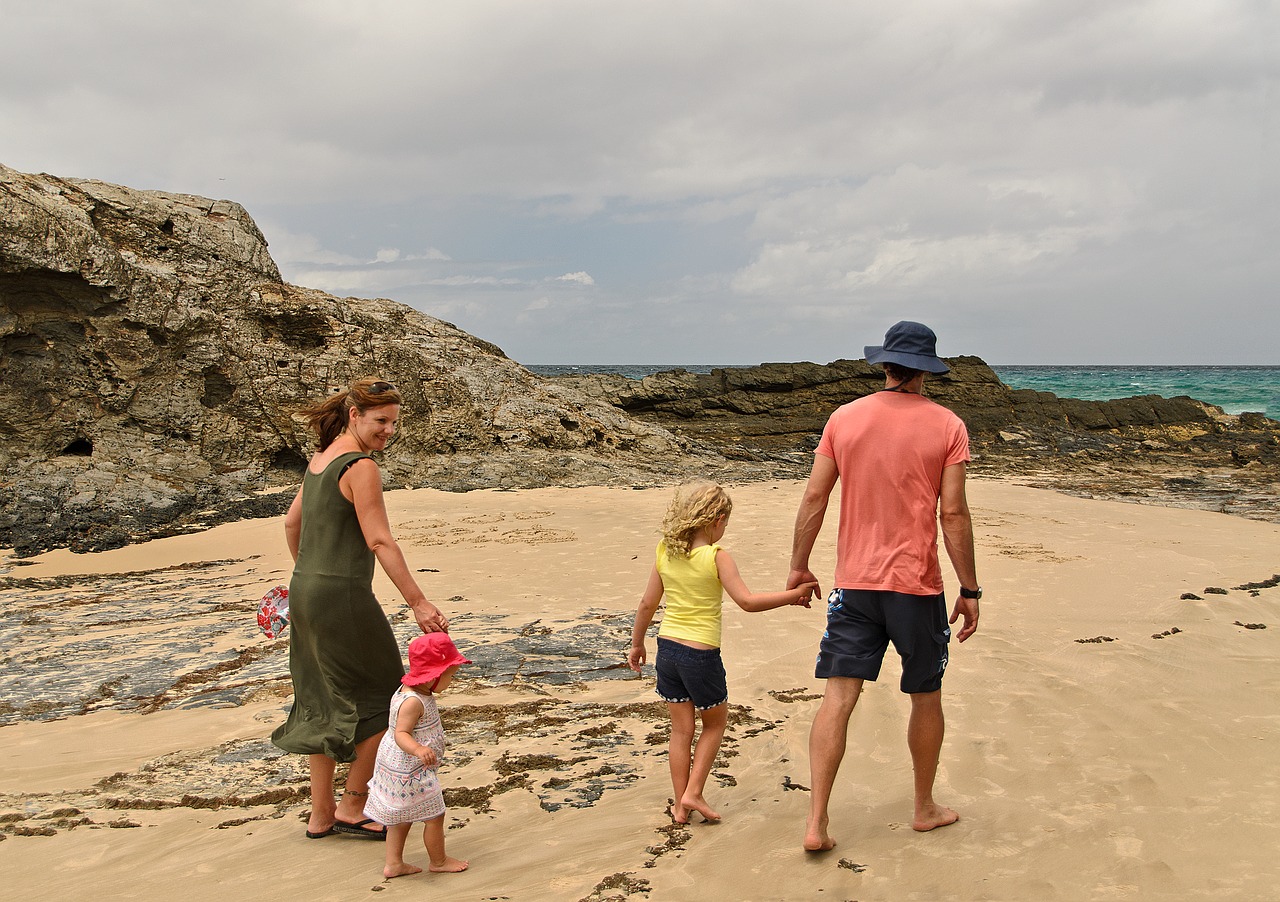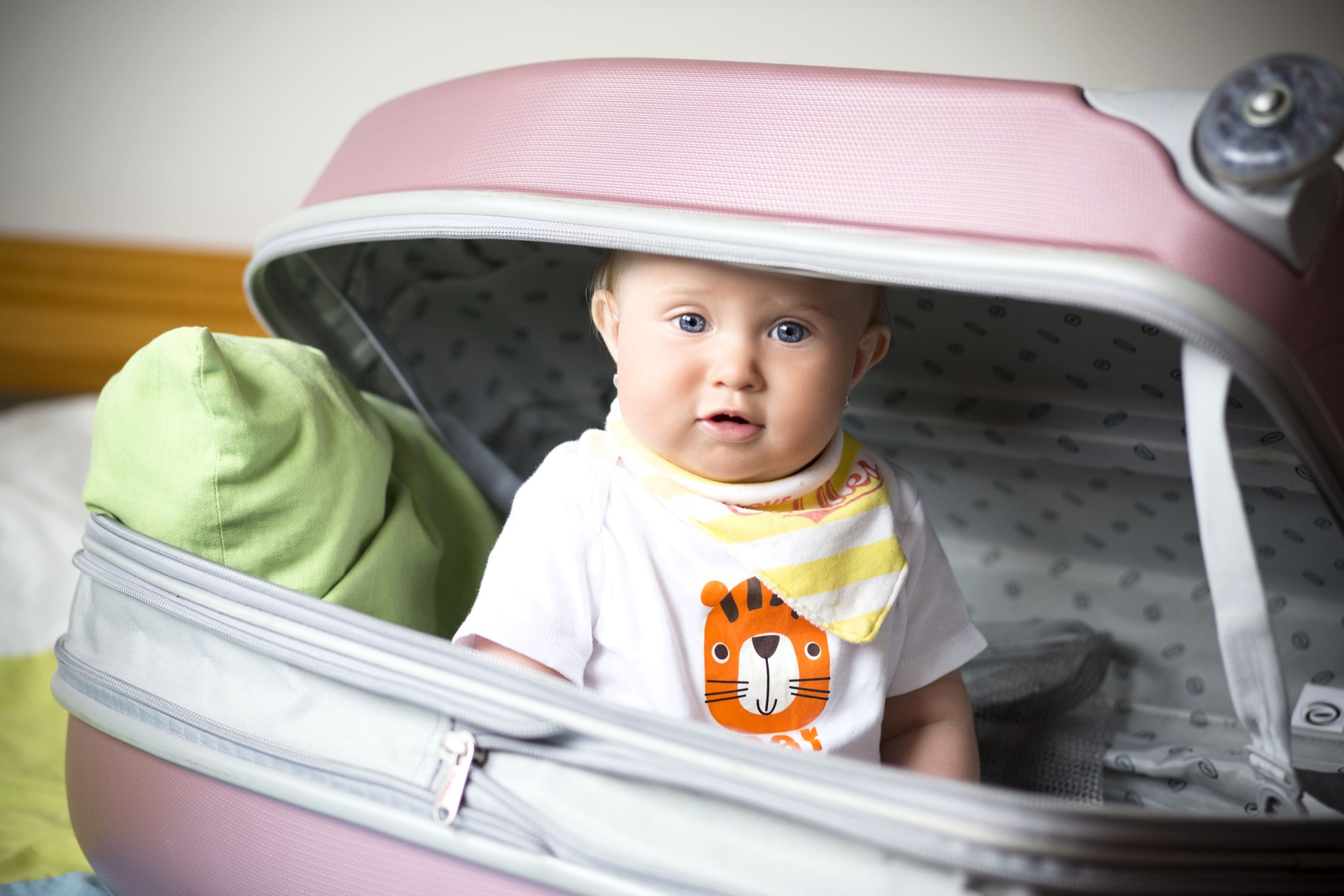
Planning a trip away with the family is a very exciting process, and looking forward to the vacation keeps everyone happy and optimistic. What’s not so great is when you return from vacation and have a look at your bank statement, only to see you’ve spent far more money than you thought you would while you were away. It takes the shine off the post-vacation glow and gives you something new to worry about just as you’ve relaxed and de-stressed. To avoid falling into the overspending trap, get your calculator out and create a realistic budget for your trip.
Booking costs
You might want to take a view of how much the entire vacation is costing rather than just deciding what you can afford to spend when you’re out there, in which case you need to have the figures for all the pre-booked costs. The price paid at the time of booking your travel tickets and accommodation won’t change so your figures will be accurate for these costs. Don’t forget taxes and gratuities that may be added to the booking fee, and add in any extras you’ve paid for like excursions or guided tours. There’s also travel insurance, overseas health insurance, car rental, kennelling or house-sitting costs for pets, and the purchase of any equipment or clothing you’re going to need for the trip. If you want to see how much the vacation has cost in total, don’t leave any of these expenses out.
Spending money
To work out how much to allow for expenses while you’re away, first calculate how much you can afford to spend. This means the spare cash you have after all your bills and normal running costs have been taken out, but don’t take it to the wire. If you have $1,000, leave a couple hundred in the bank for emergencies and work out your budget on the $800. Food and drink will be your main cost, and eating out can be an expensive way of feeding yourself on vacation.
Rather than booking a hotel only, compare what it would cost to go all-inclusive and see how much you could save this way. Many travel websites will give you information to help you make comparisons, like Viajacompara hoteles todo incluido en Acapulco, which compares all-inclusive hotel deals in Acapulco.
When you’re calculating food costs, don’t guess – have a look at the kind of prices you’ll be paying at your destination, and find out how you can save money by shopping around. You then need to look at what else you might spend money on, such as tickets for entertainments and trips, drinks, snacks, emergency supplies, sports lessons, souvenirs, gifts for the folks back home, tips, public transport and taxis, and any of the other things you normally spend your money on when you’re away.
You’ll now have a good estimate of how much you’ll be spending, which you can compare to how much you’ve got to spend. If you’re under budget, all’s well. If you’re over budget, you need to look at ways to trim some of the estimated costs. Once you’ve done that, simply divide your total by the number of days you’re away, and you should then have your daily spending budget. Hopefully, barring disasters, you’ll be returning home happy, relaxed, and still solvent!


